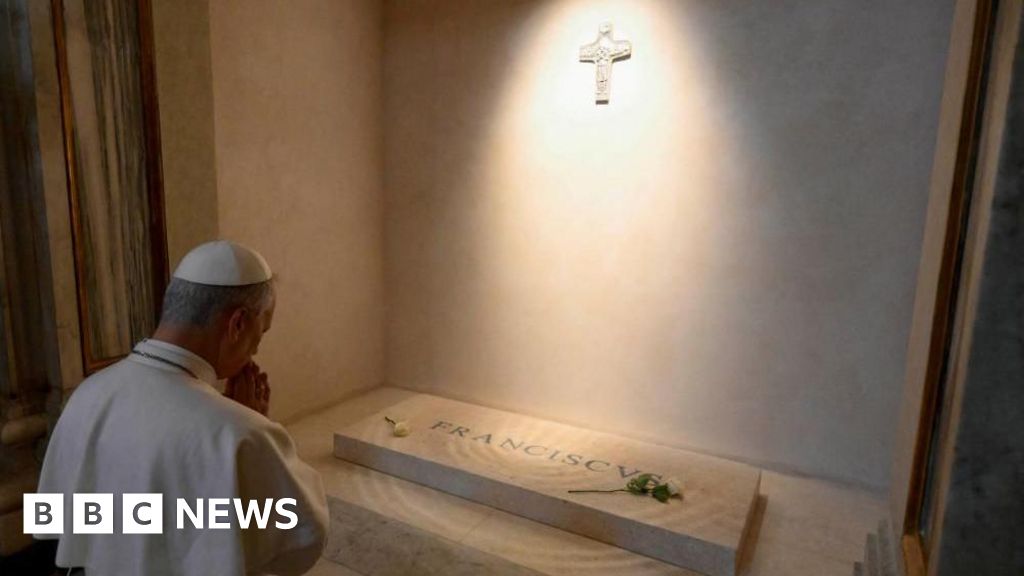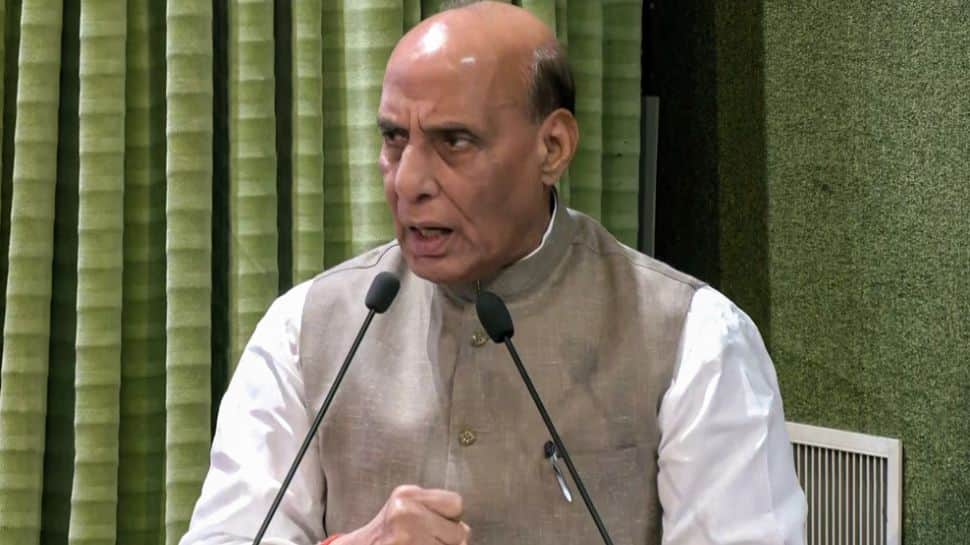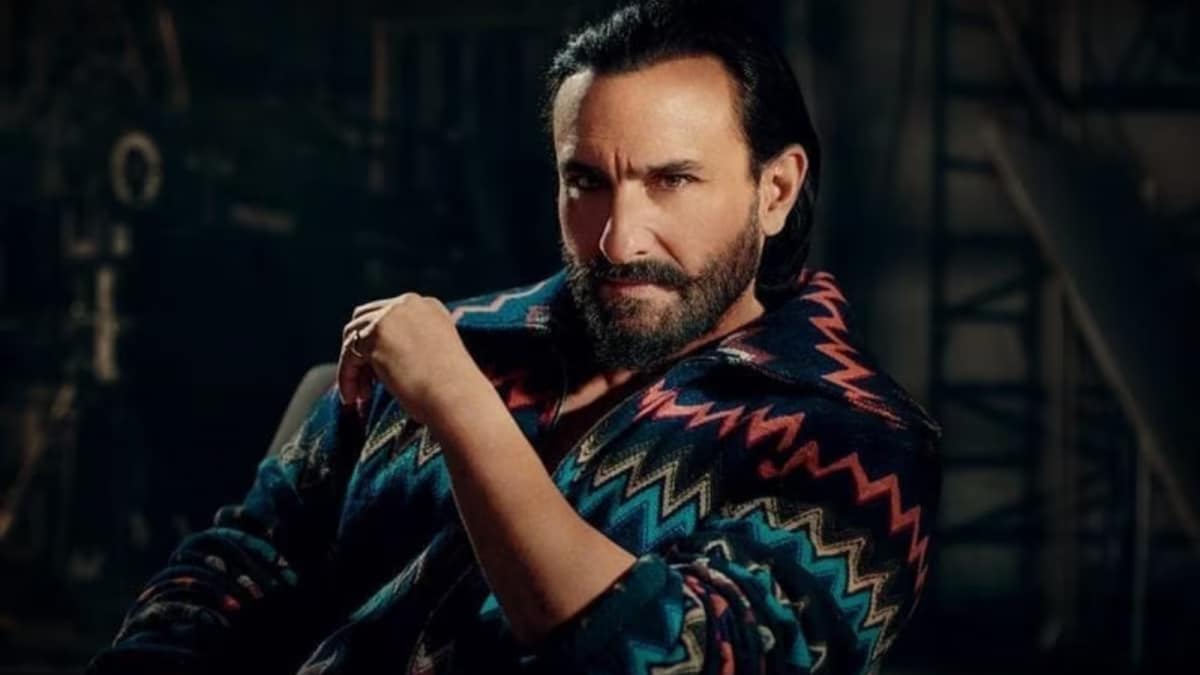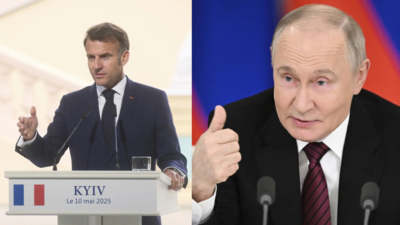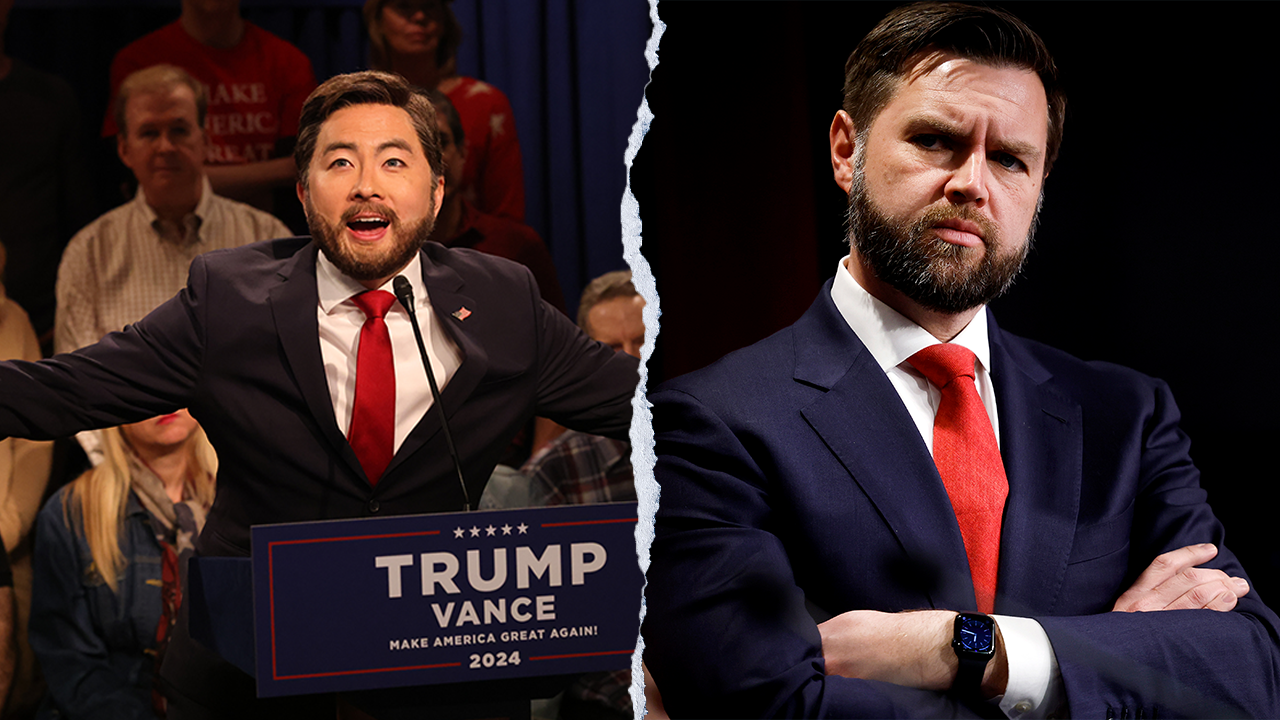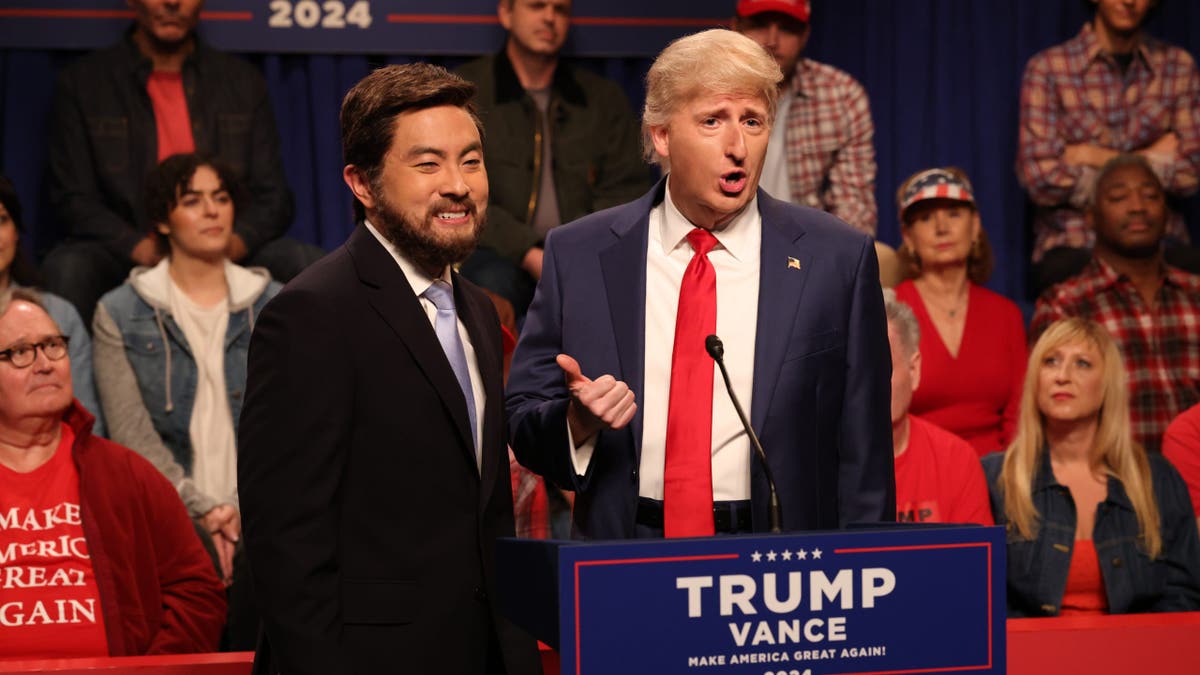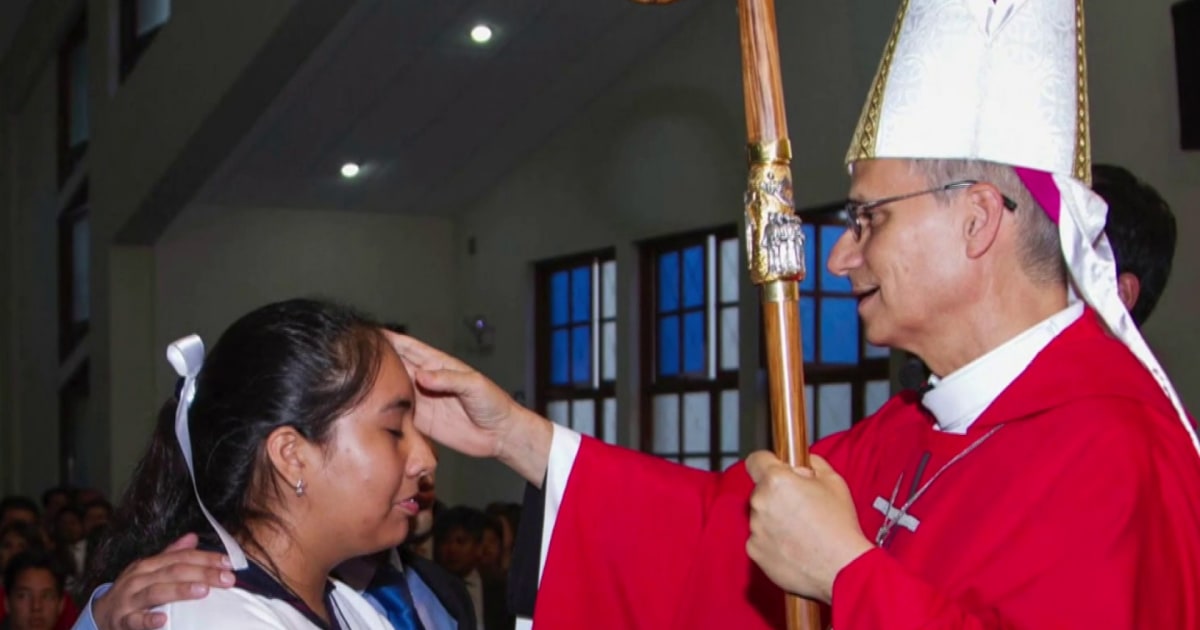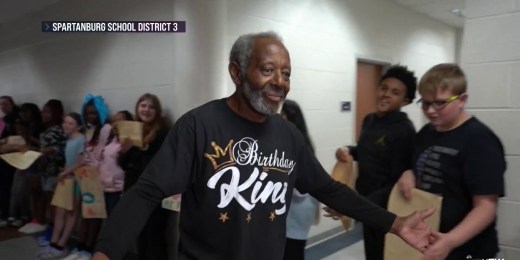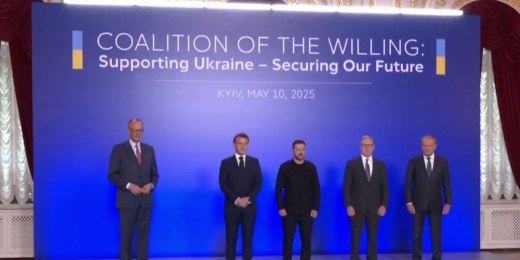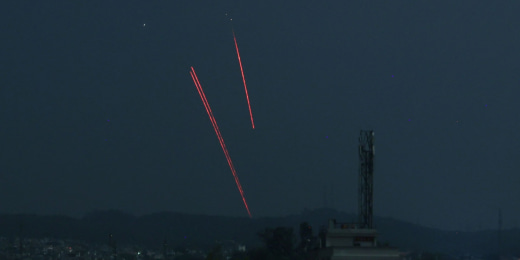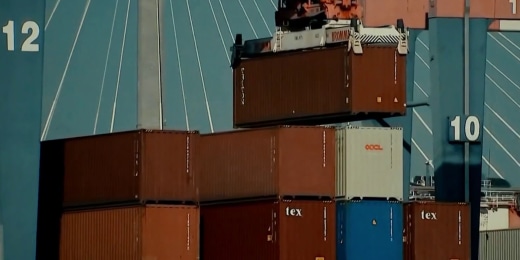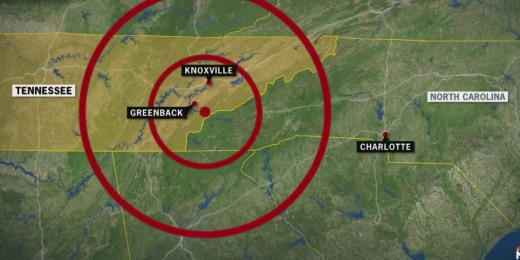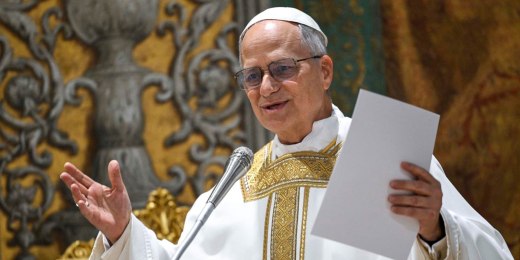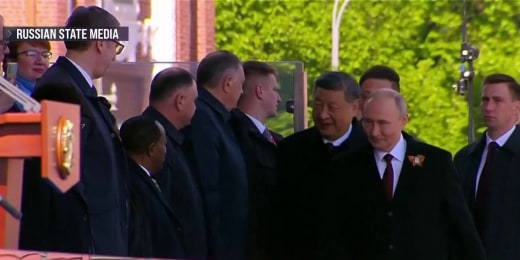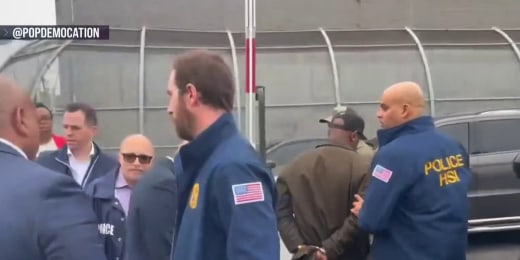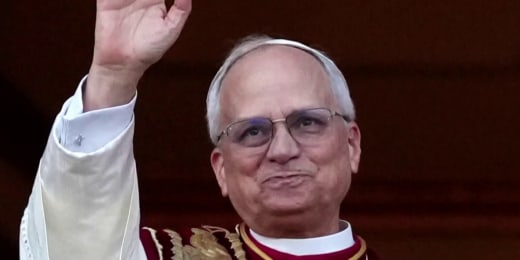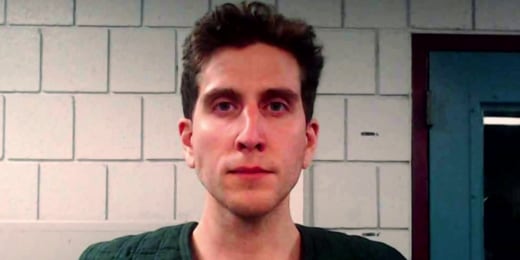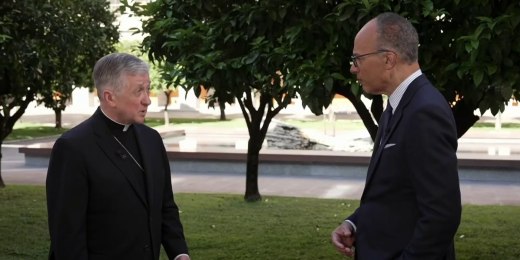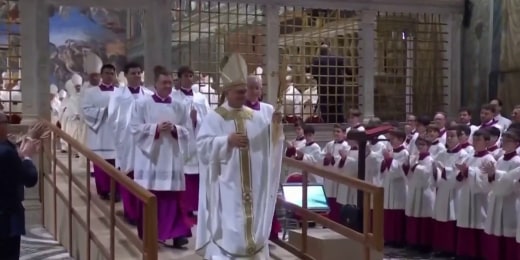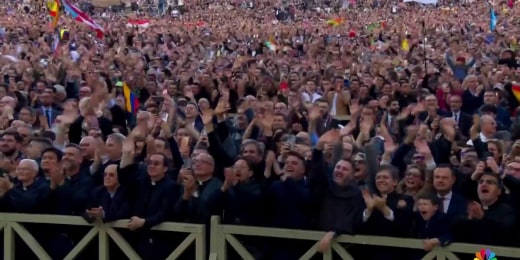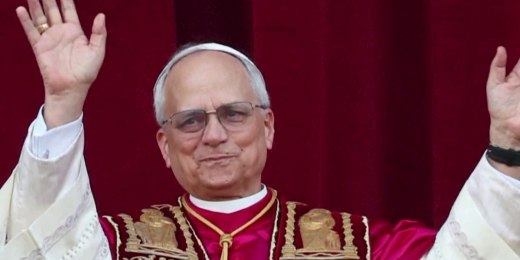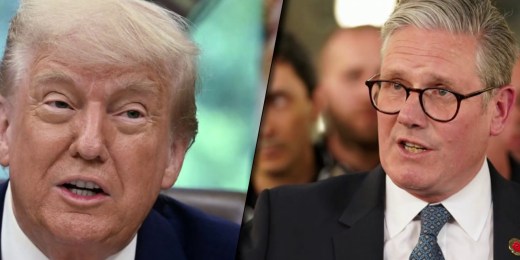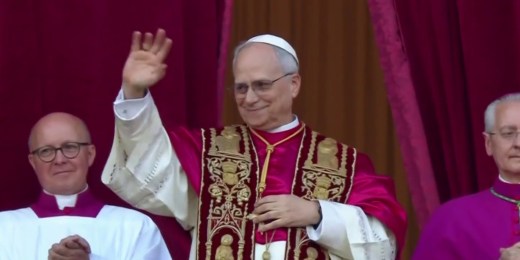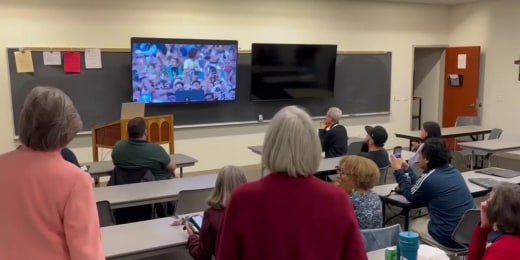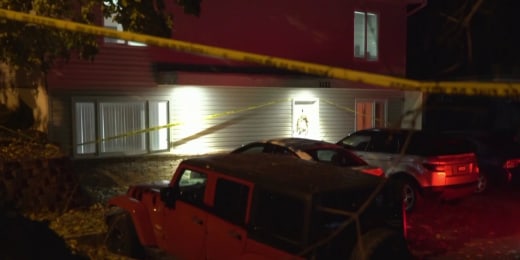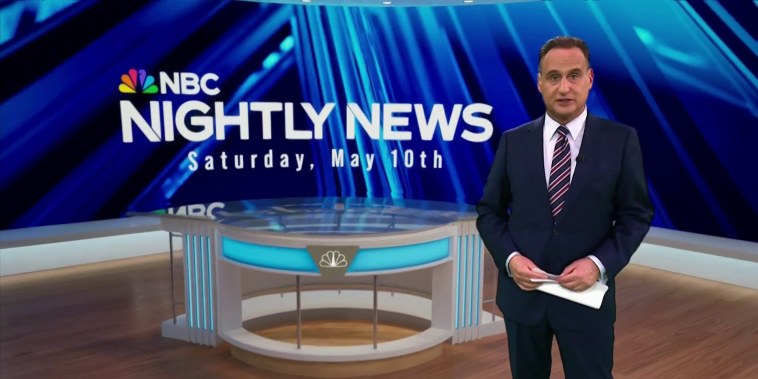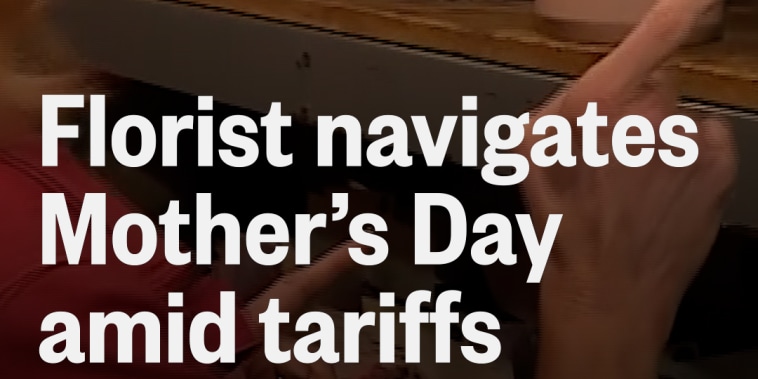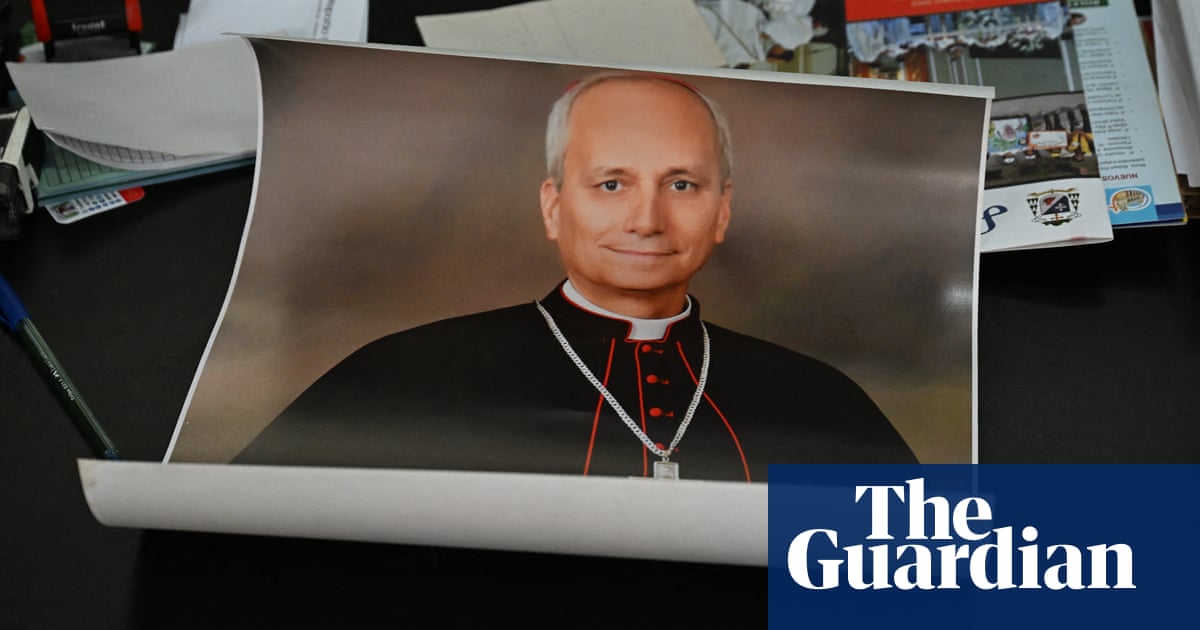
Pope Leo XIV, who on Thursday was elected as the first-ever US-born leader of the Roman Catholic church, has a familial bloodline that reflects his homeland’s fraught relationship with race – and why the nation’s stature as a melting pot of origins has long endured, records unearthed by genealogists show.
The maternal grandfather of 69-year-old Robert Prevost, the newly minted pope, was evidently born abroad in Santo Domingo, the capital of the Dominican Republic, according to birth records that professional genealogist Chris Smothers cited to ABC News in a recent report. When Leo’s grandfather, Joseph Martinez, obtained an 1887 marriage license to wed the future pope’s grandmother, Louise Baquié, he listed his birthplace as Haiti, which at the time was the same territory as Santo Domingo, Smothers noted.
Baquié’s birth records, meanwhile, indicate that she was born in Louisiana’s most prominent city, New Orleans, to parents who were reportedly married at a local Catholic church.
Records from the 1900 census show that Joseph – apparently the son of a Louisianan – and Louise lived at a home in New Orleans’s Seventh Ward, a bastion for the city’s Creole people. The couple’s home later was among hundreds that were demolished to make way for a highway overpass linking New Orleans’s suburbs to its globally renowned French Quarter, a move that drastically reduced the area’s population and economically devastated the scores of Black businesses that had been prevalent there.
Those same census records identified Leo’s maternal grandparents as Black. Two of his aunts were similarly identified, just about four years after the Plessy v Ferguson US supreme court case – which originated in New Orleans – upheld the constitutionality of racial segregation in the country.
By 1920, the Martinez family had moved north to Chicago and away from the racially oppressive US south. The future pope’s mother, the Chicago-born Mildred Agnes Martinez, was eight at the time. And the census that decade listed the Martinezes as white.
It would not be until 1954 that the US supreme court would issue the ruling that overturned the Plessy v Ferguson precedent and deemed racial segregation unconstitutional – and even then, many communities across the nation spent years flouting the decision. Multiple genealogists theorized that the Martinezes may have strategically shifted their racial identity to assimilate in Chicago, which – though further north – has had its own history of discrimination and oppression on the basis of skin color.
“You can understand [that] people may have intentionally sought to obfuscate their heritage,” Jari Honora, a family historian for the Historic New Orleans Collection, told the Associated Press. Honora added that “always life has been precarious for people of color”.
Mildred Martinez eventually married Louis Marius Prevost. The librarian and her husband – a second world war veteran and educator – raised three sons in Chicago. The youngest, Robert, was ordained a priest in 1982; became the worldwide leader of the Catholic religious order colloquially known as the Augustinians; led a Peruvian diocese; was made a cardinal by Pope Francis in September 2023; and headed the Vatican entity in charge of selecting new bishops around the world.
The US registered a record-setting 47.8 million immigrants in 2023, three-quarters of whom were naturalized citizens, legal permanent residents or visa holders – all of whom buttressed the country’s centuries-old, metaphorical reputation as a melting pot.
That status has come under threat when Donald Trump clinched a second US presidency the following year – and his administration mounted an immigration crackdown marked by steady news of detentions and deportations after he returned to the Oval Office in January.
Leo’s fellow cardinals elected him to succeed the late Francis after a two-day conclave that concluded less than four months into Trump’s second presidency. And one of Leo’s older brothers, suburban Chicago resident and retired Catholic school principal John Prevost, quickly told the New York Times: “I know he’s not happy with what’s going on with immigration.”
Social media users just as rapidly flocked to an account seemingly belonging to Leo and noted how it had demonstrated a willingness to be critical of the administration’s positions. One of the account’s entries reposted an article about Catholic bishops in California who attributed “racism and nativism” to Trump’s use of the phrase “bad hombres” for certain Mexicans.
It wasn’t immediately clear how much Leo might be a foil to the chief executive of the global superpower from which he hails, among other issues confronting the pope. And there is no indication Leo has ever publicly discussed his racial identity much.
John Prevost, for his part, told the Times that his brothers did not discuss their Louisiana roots. He also said his immediate family did not identify as Black.
A Vatican news release said Leo’s father was of French and Italian descent. It said the pope’s mother was of Spanish ancestry.
Whatever the case, Loyola Marymount University professor Kim R Harris, who teaches African American religious thought and practice, remarked to the AP that she hopes Leo’s papacy “brings to light who we are as Americans and who we are as a people of the diaspora”.
“When I think about a person who brings so much of the history of this country in his bones,” Harris said, “it brings a whole new perspective and widens the vision of who we all are.”







